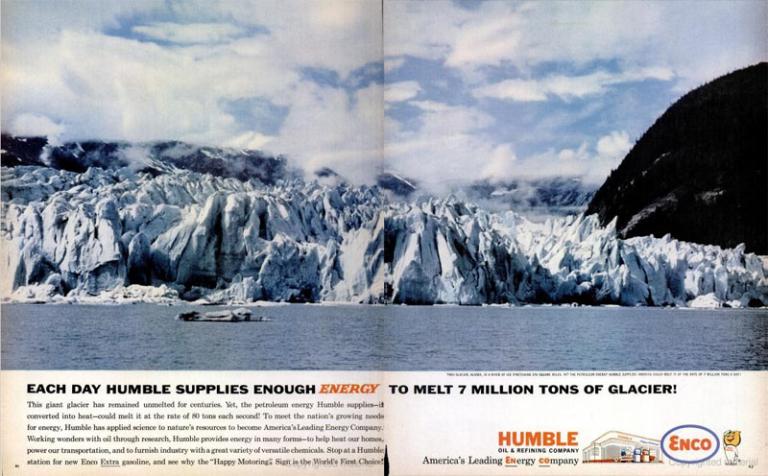The U.S. Chamber seems to be going to great lengths these days persuade Congress that it really wants to help pass climate legislation. But a very different message is coming through its blogs, tweets, and unscripted comments.
We think everyone should know what else the U.S. Chamber is saying, so we have updated our “WhoDoestheUSChamberRepresent.org” website with our latest Politico ad, which is running today.
 The ad focuses on the Chamber’s recent contradictory and confusing statements about climate legislation:
The ad focuses on the Chamber’s recent contradictory and confusing statements about climate legislation:
8/25/09: U.S. Chamber senior staff tells the LA Times it seeks a “Scopes Monkey Trial” to question whether global warming poses a human health threat.
9/29/09: The Chamber denies that “we deny the existence of any problem” and says its critics are “dead wrong” in a press release.
10/26/09: U.S. Chamber President and CEO, Tom Donohue, tells Politico “Is the science [of global warming] right? Is the science not right? I don’t know.”
11/03/09: The U.S. Chamber sends a letter to the Senate saying it “believes climate change is an important issue for this Congress to address” and commends “Senators Kerry and Graham for their recent [call for] comprehensive climate legislation.”
11/03/09: The U.S. Chamber later tweets that Congress should reject legislation with the “top-down approach of targets and timetables…”
11/06/09: The U.S. Chamber insists its 11/03/09 letter articulates the Chamber’s “position for the last two years and only represents a change to those who have willfully misrepresented it in the past” in a blog post by Bruce Josten, the letter’s author.
I have discussed these claims and statements at greater length in blog posts here and here.
In those posts I also raise the following questions, which might help the U.S. Chamber get its story straight. Or at least, consistent:
- Does the U.S. Chamber consider emission reduction targets and timetables to be essential to include or exclude from a climate bill?
- If the U.S. Chamber thinks targets and timetables should be included, what does it believe should be the basis for setting emission reduction targets and timetables?
- What emission reduction targets is the Chamber prepared to support and on what timetable?
- When will the U.S. Chamber lay out an actual proposal for climate legislation?
This post originally appeared on Pete’s Switchboard blog.


